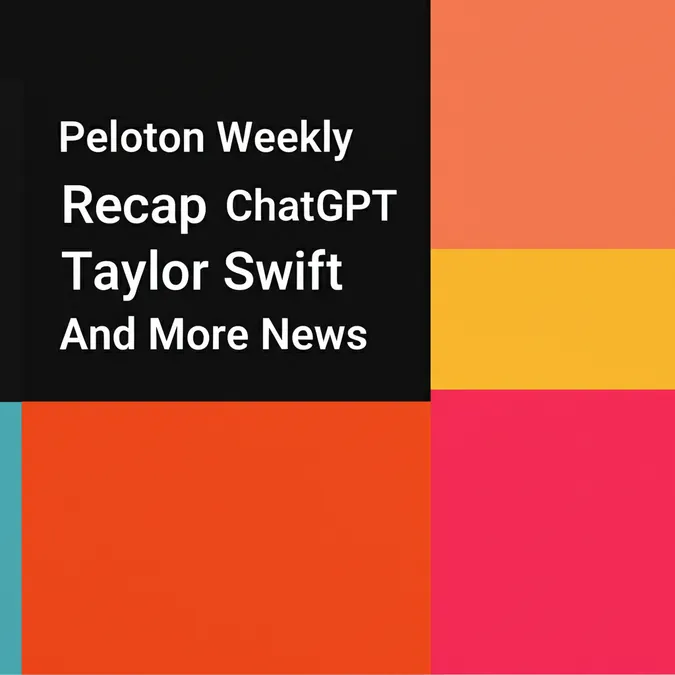Developer Offer
Try ImaginePro API with 50 Free Credits
Build and ship AI-powered visuals with Midjourney, Flux, and more — free credits refresh every month.
OpenAI Embraces Erotica for ChatGPT Sparking Safety Debates
OpenAI's Controversial Move into Adult Content
OpenAI CEO Sam Altman has revealed plans for ChatGPT to soon generate erotica for verified adult users. Altman framed this significant policy change as an effort to “treat adult users like adults.” The decision comes as OpenAI grapples with scrutiny over its AI's potential impact on user mental health, highlighted by the rise of “AI psychosis” cases. This move also sees OpenAI following competitors like Elon Musk’s xAI, which has already integrated sexually explicit chatbot features into its platform.
The Growing Demand for AI Companionship
There is a clear and substantial market demand for AI chatbots capable of romantic or sexual interaction. An April survey of 6,000 AI users, cited by the Harvard Business Review, identified “companionship and therapy” as the most common use case. Furthermore, a study from Ark Invest noted that adult-oriented AI platforms saw explosive growth last year, capturing 14.5% of the market previously held by services like OnlyFans, a huge jump from just 1.5% the year before.
Popular platforms like Character.ai and Replika, which market themselves as companion AIs, further illustrate this growing trend. Earlier this year, xAI launched a “companion mode” for its chatbot Grok, allowing users to interact with various personas, including a highly sexualized anime character named “Ani.”
Balancing User Freedom and Market Competition
Jessica Li, a senior research analyst at Georgetown’s Center for Security and Emerging Technology, told Fortune that OpenAI is in a difficult position. “OpenAI is stuck between a bit of a rock and a hard place, because I think they have seen a strong demand signal from users,” Li explained. She noted that erotic or adult content falls under the broader category of emotional engagement that users are seeking with these models.
The move could be a strategic attempt by OpenAI to “straddle the line.” By promising opt-in moderation for NSFW content, they aim to retain their existing user base while potentially attracting users from more specialized services like Replika. Li pointed out the tension between the company's public narrative of building AGI to boost the economy and the reality of operating as a technology platform akin to a social media company. “There’s an interesting tension between the narratives that are being sold to investors and politicians… versus the things that are actually happening in the market,” she said.
Criticism and Safety Concerns Mount
OpenAI’s venture into adult content has drawn sharp criticism, particularly from child safety advocates and industry leaders who are concerned about explicit material reaching minors, even with age verification systems in place.
Entrepreneur Mark Cuban warned that OpenAI’s plan could “backfire hard,” arguing that parents would not trust the company's age filters. Regulatory bodies are also taking notice. In the U.S., the Federal Trade Commission has launched an inquiry into how AI chatbots interact with minors, and various states are considering stricter regulations on digital companions and sexualized AI.
Jenny Kim, a partner at the law firm Boies Schiller Flexner, told the BBC that OpenAI is “using people like guinea pigs” and raised doubts about how the company could effectively prevent children from accessing adult material.
In response, OpenAI stated it is developing an age prediction system to differentiate between users over and under 18. The company assured that if a user's age cannot be confirmed, the chatbot will default to a safer, under-18 experience. Adults will be given methods to prove their age to access the expanded capabilities.
A Response to User Backlash and Demand
Reacting to the public outcry on X, Altman acknowledged that the announcement had blown “up on the erotica point much more than I thought it was going to.” He stressed that the change was primarily about allowing “more user freedom for adults” and not a retreat from safety or mental health guardrails. “We are not the elected moral police of the world,” he stated, confirming that safety for teenagers would remain a priority over freedom and privacy.
This policy shift also comes after OpenAI faced an unexpected backlash for replacing the GPT-4o model with the newer GPT-5. Users protested the change, with a Change.org petition gathering nearly six thousand signatures from people who had formed friendships and romantic connections with the older AI. They worried about the company routing users to GPT-5 without their knowledge.
Analyst Jessica Li believes the very public nature of the erotica announcement might be a direct signal to these users: “‘We hear you. We’re responding to your desires.’” This isn't an entirely new direction; it builds on a February update to OpenAI’s Model Spec, which relaxed rules around sexual content in a move away from what the company called “AI paternalism.”
Compare Plans & Pricing
Find the plan that matches your workload and unlock full access to ImaginePro.
| Plan | Price | Highlights |
|---|---|---|
| Standard | $8 / month |
|
| Premium | $20 / month |
|
Need custom terms? Talk to us to tailor credits, rate limits, or deployment options.
View All Pricing Details

